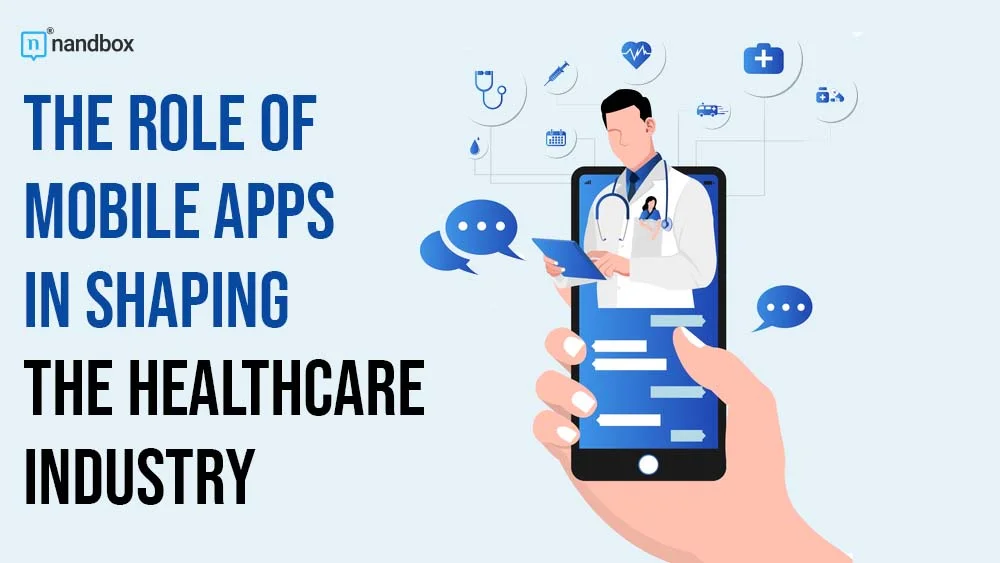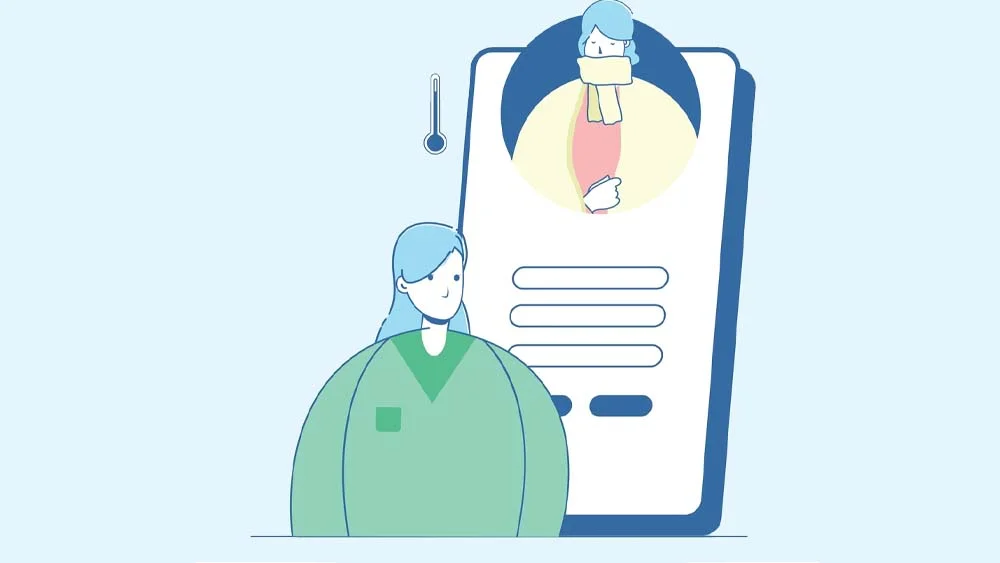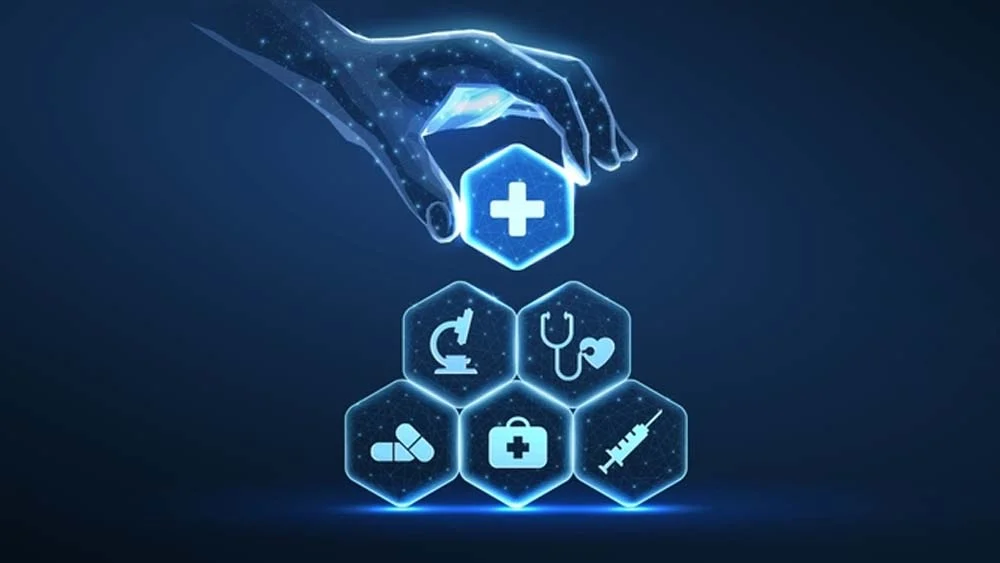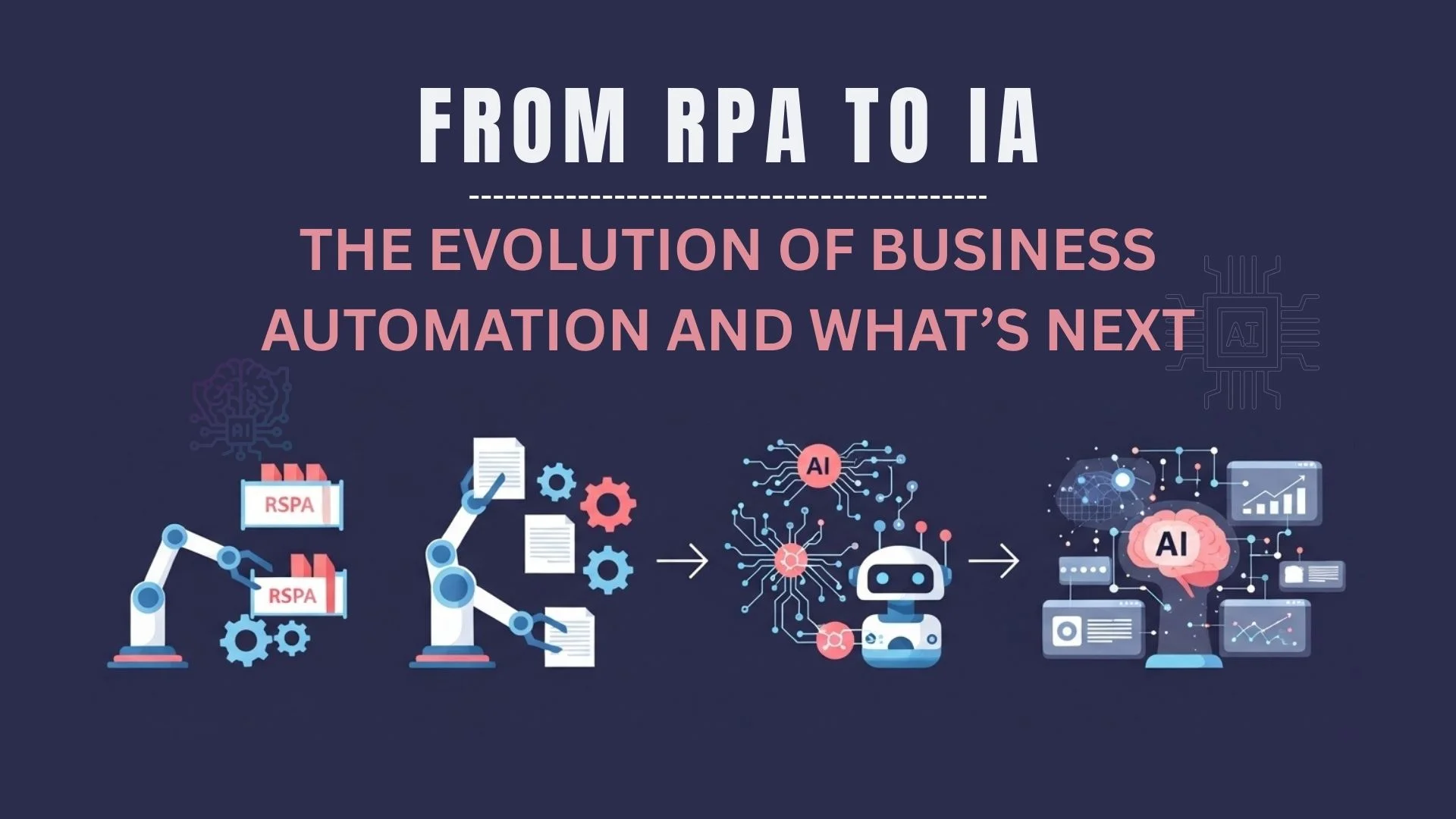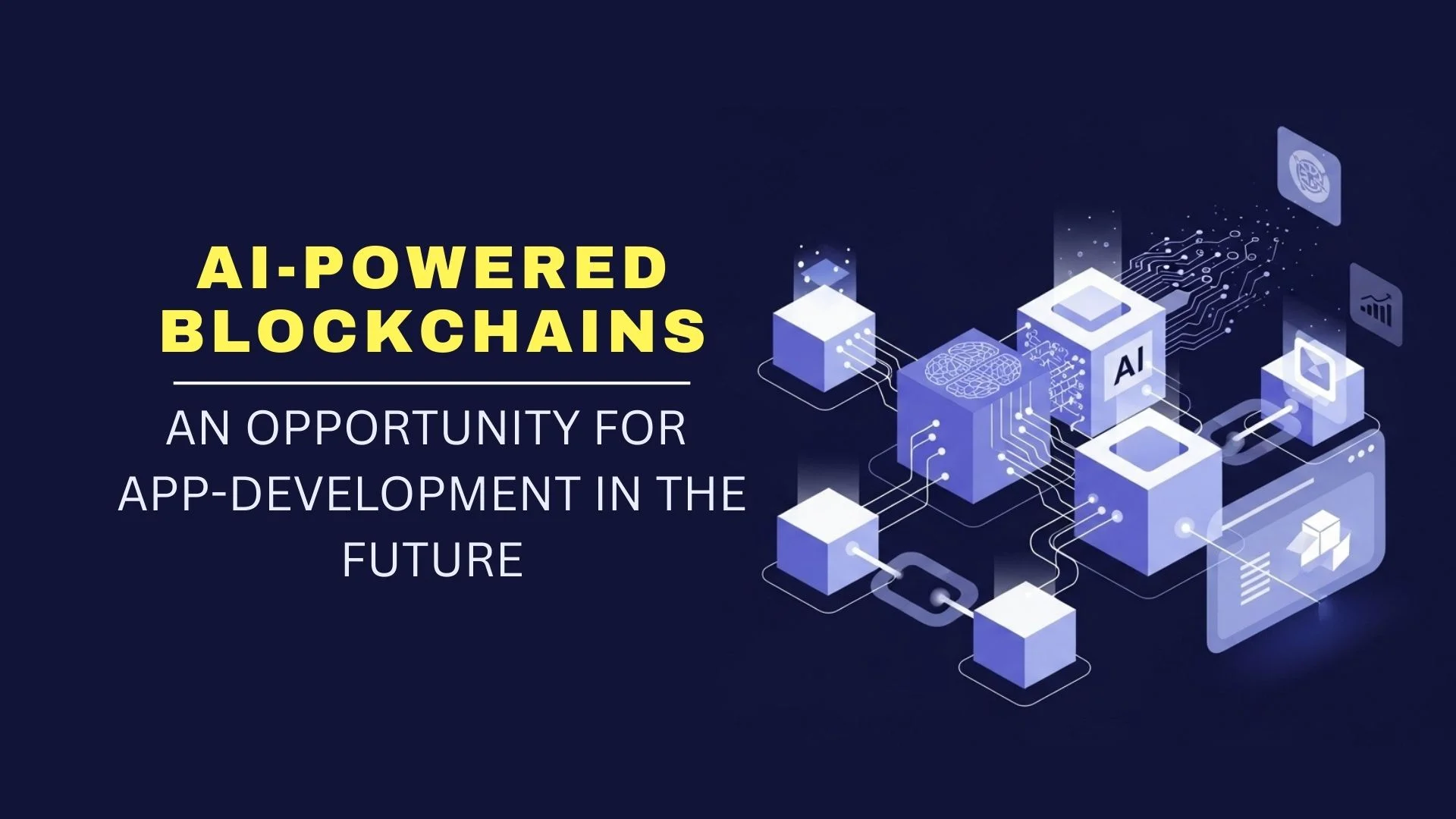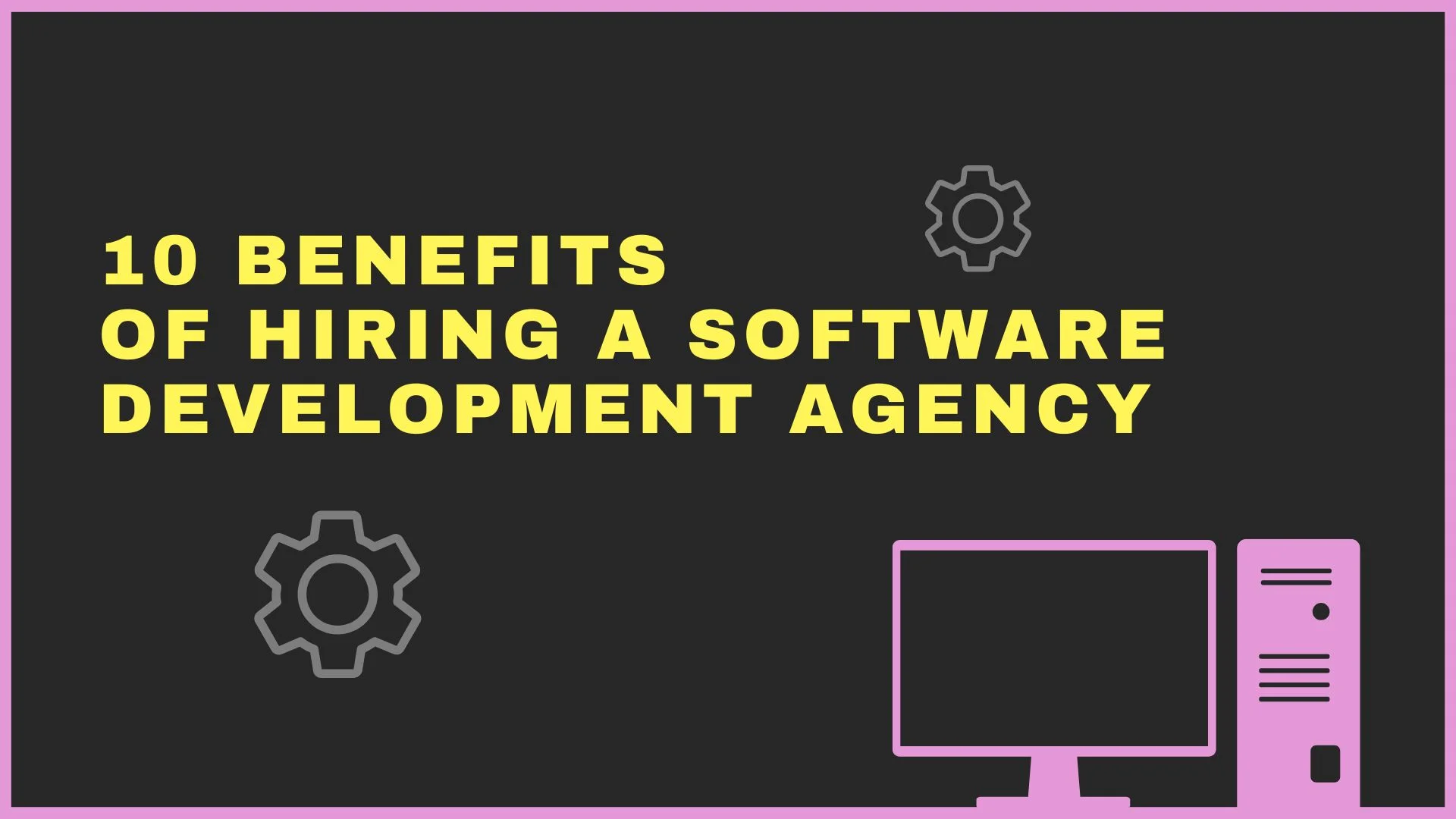The transformation that the healthcare industry is now witnessing is one that mobile apps and their evolution are causing. The question is, what is so special about mobile apps and mobile technology that makes it super effective in such an industry as healthcare? And how can mobile apps in healthcare actually contribute to the process of improving patient care and operational efficiency? Mobile apps are reshaping life as we know it. Mobile apps are redefining patient engagement by providing individuals with direct and straightforward access to medical consultations, health tracking tools, and educational resources.
Through telemedicine, virtual consultations, and health management tools, patients can actually have a greater level of control over their health with great flexibility and convenience. As for the providers of healthcare, mobile apps give them as many benefits as the patients as well. They help them through facilitating communication and offering better decision-making options. That is through thorough data analytics and easier access to patient data.
But can this topic stay positive forever? Or will it as well have its own set of challenges? Well, if you think that there is any topic that I will discuss that won’t have any sets of challenges or obstacles. However, I never present you with a challenge that you may face without giving you tips and ways to overcome them. In this guide, we will discuss the many benefits and challenges of mobile apps in healthcare and how you can leverage their power to empower the healthcare industry.
Enhancing Patient Engagement and Access to Care
Mobile applications are significantly enhancing patient engagement and providing individuals with a greater accessibility rate. They simply make essential services available through mobile devices. These are apps that eliminate geographical and time barriers. Ones that traditionally made it harder to provide the care that was needed for a patient.
With telemedicine, patients can consult with healthcare providers from virtually anywhere, allowing for convenient and timely access to medical expertise. That is considered valuable for those in remote or underserved areas. Virtual consultations have many benefits. These benefits include reducing travel time, cutting waiting room visits, and making it easier for patients to seek guidance for both routine and urgent health concerns.
But is there more than just telemedicine? Yes, there is. Self-management tools within mobile apps in healthcare industry empower patients to take a proactive role in their healthcare. Apps offering medication reminders, symptom trackers, and personalized health insights make managing conditions more intuitive. Additionally, remote monitoring tools allow healthcare providers to track patient health data in real time, which enables early intervention if there are any concerning changes. This real-time data exchange promotes better health outcomes and fosters a more engaged and informed patient experience. Overall, mobile apps are shaping a healthcare landscape where patients are more connected, informed, and actively involved in their own care journey.
Improving Efficiency in Healthcare Operations
The main goal for a mobile app in the healthcare industry is to make clinics and hospitals more efficient through transforming and streamlining operations and how they get done. But how can they offer that? One significant way is through streamlined scheduling. Healthcare apps allow staff and patients to easily book, confirm, or reschedule appointments. This helps in reducing wait times and minimizing no-shows. For example, the app can significantly ease the scheduling process through sending appointment reminders. Or simply provide patients with the option to choose the appointment that suits them best through time slots for an easier scheduling process.
There is another scenario that mobile apps in the healthcare industry excel at. This scenario is called record management. With digital health records becoming accessible through apps, healthcare providers can now quickly view patient histories, prescriptions, and test results. Wouldn’t it be great if we didn’t have to go through the hassles of finding the right records for patients within those big and bulky files that have all patient-related information and data? This amazing option offers a greater rate of flexibility and accessibility for doctors and healthcare providers. Mobile apps also improve communication between healthcare professionals. Through secure messaging and video calls, nurses, doctors, and administrators can collaborate more effectively, leading to smoother patient care coordination. Additionally, billing and administrative tasks have seen an upgrade with apps that automate processes, handle invoices, and track payments.
Mobile Apps in Healthcare: The Doctor-Patient Communication Enhancement
Mobile apps in healthcare are transforming communication and fostering better relationships. They are ensuring that patients feel supported and informed. Moreover, they make doctors and providers feel better about how they perform their daily tasks. The question still remains: how exactly do these apps make communication easier or transform it, as they say? First things first, the messaging features in the apps allow patients to connect with their healthcare providers easily.
They work on simplifying asking questions directly and being able to communicate in an advanced way with their doctors. Let me walk you through a hypothetical situation or example for a better understanding of what I am trying to say. Let’s say a doctor has a diabetic patient. The patient can use their app to message quickly confirm dietary choices with their doctor in order to avoid any potential complications. Video consultations also play a pivotal role in enhancing communication.
In more complex cases, a video call can be the day’s savior. Through a secure video chat, patients can discuss concerns and share visible symptoms with their doctors. For example, if a patient is experiencing skin rashes, they can video call their doctor in order to show them and have something prescribed for them. Sometimes doctors would feel like something is mild and you don’t need to have yourself a trip to the clinic in order to get things checked up. This can save up time, effort, and money that you can spend on the way to a clinic or to the hospital.
Personalized notifications also play a significant role by helping patients stay on top of their care. Imagine a patient who needs to monitor blood pressure regularly; the app sends reminders, and the readings can be shared with their doctor instantly. By making these communication tools readily available, mobile apps create a more connected, responsive healthcare experience, where patients feel engaged and doctors are better informed to provide timely, personalized care. With such tools, the traditional barriers in doctor-patient communication are steadily diminishing.
Increasing Health Awareness and Education
Mobile apps are transforming health awareness and education by making valuable information accessible to users worldwide. But how are these apps driving positive change in preventive care and wellness? Health education apps empower users with tools to take charge of their well-being, offering personalized insights and guidance. For example, apps like MyFitnessPal help users track nutrition and exercise, while meditation apps such as Headspace support mental wellness through daily mindfulness practices.
Mobile apps also encourage healthier lifestyle choices by fostering consistent routines and self-monitoring. How do they do this effectively? Through:
- Goal Setting and Tracking: Apps like Nike Training Club enable users to set fitness goals and track progress, promoting long-term health habits.
- Personalized Reminders: Many apps send reminders for water intake, medication, or daily movement, encouraging consistent wellness behaviors.
- Educational Content: Apps such as WebMD provide reliable, easy-to-understand health information, helping users make informed decisions about preventive care.
Challenges and Considerations in Healthcare Mobile App Development
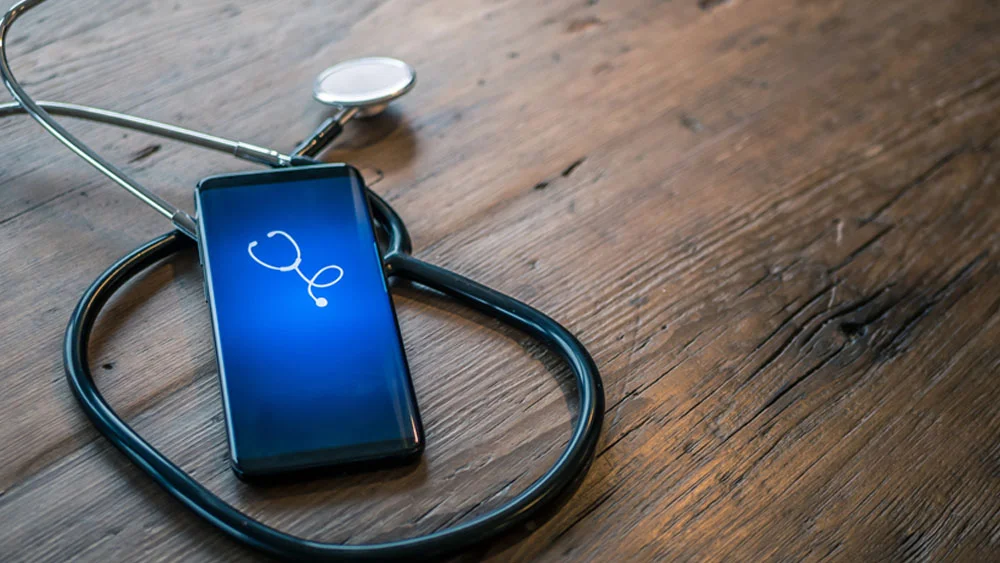
Developing healthcare mobile apps comes with unique challenges that demand careful planning and robust solutions. One of the most critical concerns is privacy and security—how can healthcare providers ensure patient data remains safe? Protecting sensitive information requires strong encryption, secure login methods, and compliance with healthcare regulations like HIPAA in the U.S. or GDPR in Europe. For instance, a mobile app designed to store patient records must prevent unauthorized access and regularly update security measures.
Another challenge is regulatory compliance. What standards must developers meet to ensure their app is legally sound? Meeting compliance guidelines often means implementing strict data protocols, conducting regular audits, and staying updated on changing regulations, especially in highly regulated regions.
Finally, technical challenges are considerable. How can apps meet the high demands of healthcare functionality while remaining user-friendly? Developing an app that integrates with hospital systems, supports telemedicine, and offers real-time data monitoring is complex. For instance, a cardiac monitoring app must not only track data accurately but also alert users and providers if readings are abnormal. By tackling these hurdles, healthcare apps can meet the industry’s high standards and deliver exceptional patient care.
Wrapping It Up!
In conclusion, mobile apps have proven to be transformative in the healthcare industry, enhancing patient engagement, streamlining operations, and improving overall access to care. With tools for virtual consultations, health tracking, and efficient data collection, these apps are setting new standards for healthcare delivery. As technology continues to advance, the role of mobile apps in healthcare is poised to expand, driving even more innovation. For healthcare providers and entrepreneurs looking to develop a robust mobile app, nandbox’s native no-code app builder offers an easy, efficient solution for creating high-quality, customizable apps tailored to the unique needs of modern healthcare.
